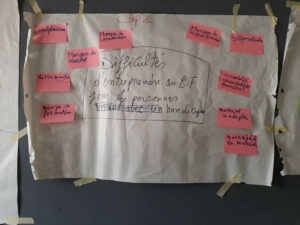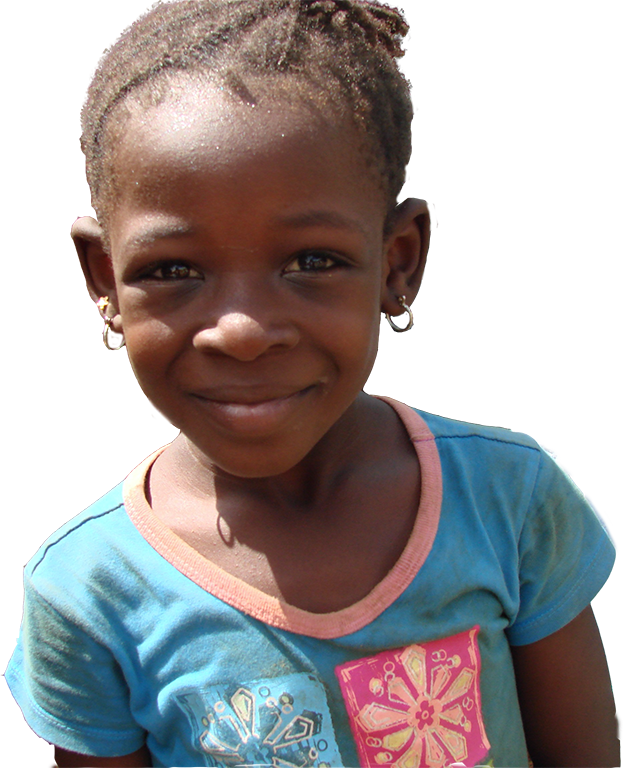
Training for Participants with Disabilities in Burkina Faso
Feb. 10 | 2022
Training for participants with disabilities can provide skills to leverage farmers and provide a stable income. The perception of people with disabilities in Burkina Faso is one met with negative connotations associated with reliance on others, begging or asking for money from others, and general othering that doesn’t allow for progression. In reality, there is an immense need for training as people with disabilities have found accessible ways to participate in agricultural activities and they are overwhelmingly ready to learn.
With the added layer of disability in an already difficult economy, it can be extremely trying with little to no support. Through the Farmer-to-Farmer program, we are finding practical technical training to help people with disabilities to provide opportunities that are accessible, allow for a viable income, and rewrite the perception of disability.
Connecting with Disability Groups in Burkina Faso
In the Summer of 2021, a local Farmer-to-Farmer volunteer met with members of the Federation of Burkinabe Association for the promotion of People with Disabilities (FEBAH) to investigate what training needs are the most important. FEBAH has a national scope that includes physical disabilities, people who are blind, people who are deaf, albinism, little people, and people with intellectual disabilities.
The main goal of the federation is to provide lifelong skills to end begging for people with disabilities and have a sustainable source of income. Asking for money has been a way for people with disabilities to make money in Burkina Faso so stopping the practice altogether doesn’t make it viable. By providing resources surrounding employment, access to education, health care, people are able to have accessible options that lead to other paths of revenue. Additionally, defending the rights of disabled people in employment to dismantle barriers that prevents them from gettin and keeping jobs.
The federation members are estimated to represent about 1.5% of the national population, about 168,000 people. Of those members, crafts such as weaving, and livestock are the main sources of income that the federation is able to support through small trades. Through the federation it acts as a support system to connect people with disabilities with training, financial assistance, donations of materials, and advocacy. The key is to find what skill will work for the individual, their disability, and access to provide a sustainable job
The largest need for training of the members is primarily based in business management and agricultural techniques, specifically entrepreneurship and poultry farming. Already there has been training involving poultry and entrepreneurship involving 20 participants but they are hoping to increase the number to 25 as the success of the program has increased. As we have seen for women and children in agricultural practices, poultry farming has priority as it has proven to be one of the most accessible options to start.
Today, we are already seeing poultry and entrepreneurship training expanding to more than 25 individuals with disabilities. In addition, training other teachers to pass on the training will guarantee it to pass onto more participants. Participants with disabilities have been excited by the training and are more than other groups we have seen which has been a great, early outcome. From here we can only see more expansion to people with disabilities and hopefully challenging perceptions of disability in Burkina Faso.
Follow this link to watch a video with volunteer Dr. Salifou’s first-hand experience of working with farmers with disabilities and the positive outcome he sees for disability involvement in Burkina Faso.




